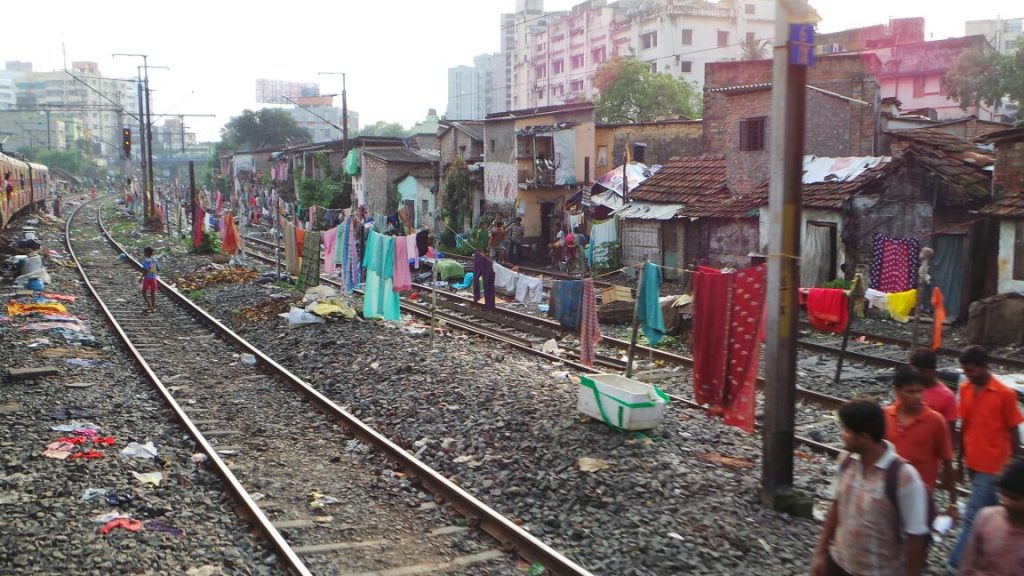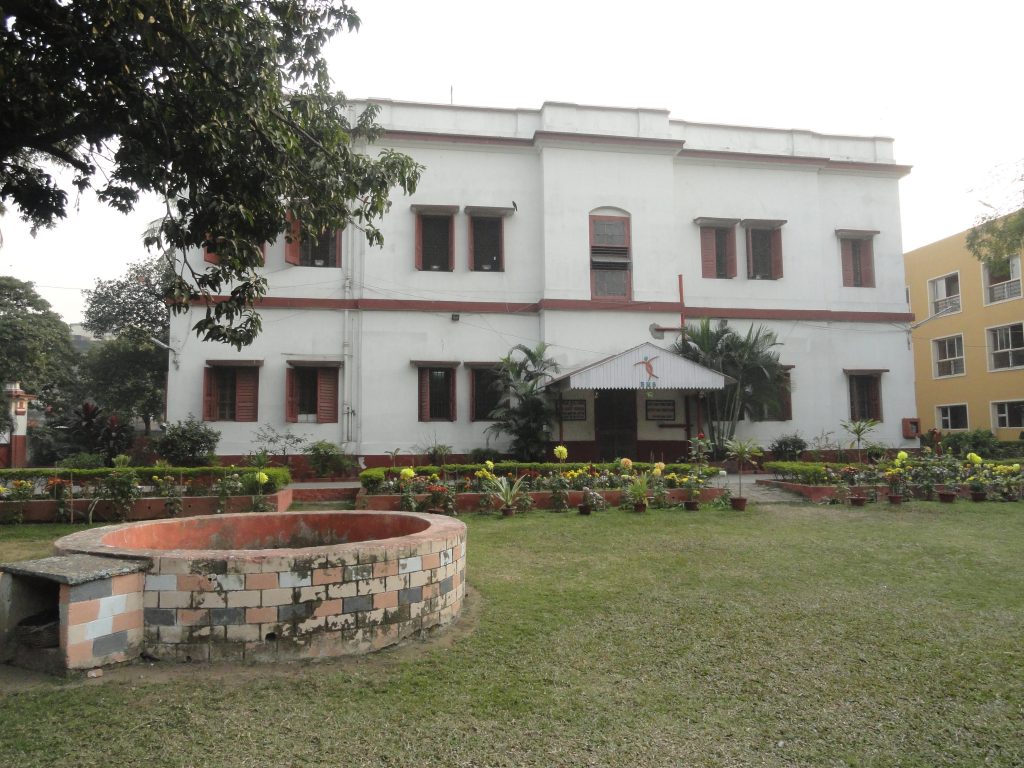I left the Stringhams shortly after Christmas. I had decided that I would be taking unnecessary risks to travel to Kolkata (Calcutta) alone. So, I arranged to meet Jonathan, the Indian evangelist, who was planning to be in Kolkata after Christmas. Kolkata supposedly takes its name from Kali, the Hindu goddess of death and destruction. There is a prominent Kali temple in Kolkata. As my train came into the city, I could see the slums stretching for miles in the distance all the way up to within a few feet of the train tracks. I’ve not seen such an overwhelming number of people living in abject poverty before or since. Those same slum communities are a fixture of Kolkata up to today.

I was not the first Maffin to visit Kolkata. My dad spent time in Kolkata in the final days of WWII, while India was still under British rule—25 years before my visit . He faithfully wrote letters to my mom from shipboard and during his time in India. Thankfully, she preserved his letters. Dad had the soul of a poet. He and a number of his Army buddies made periodic trips from their Army encampment into Kolkata. Here are just a few of his observations. “The place is filled with people of every description. They tell me there is no middle class in India—they are either very poor or very rich.”
In another letter, dad described seeing an Indian holy man, still a prominent sight when I visited Kolkata 25 years later. “The particularly strange character I saw must have been a holy man. He seemed to be begging but was richly dressed, from the royal blue turban on down to a matching draped garment of the same color with a black belt. And he leaned on an extremely crooked silver cane, which had several ornaments dangling from every curve.”
Jonathan had encouraged me to stay with him at the Baptist Missionary Society hostel, which was housed in an old colonial style building. In hindsight, it was a truly humorous situation. Here was a hippie in a hostel with Christian missionaries, both national and expatriate, serving in India and other neighboring countries. One of my vivid memories from that time was of two British missionaries to Nepal who had come to Kolkata for supplies. They seemed to be trying to outdo each other to be the humblest of servants, as Jesus commanded His followers. They found it hard to walk through a doorway. “After you.” “No, please, after you.” “No, I insist, after you.”

After our time in Kolkata, Jonathan had invited me to spend time with his family in Siliguri as the new year of 1971 dawned. I described that visit in a letter to my parents. “Am having an enjoyable stay with Jonathan and family. Don’t know if I explained—the family and in-laws move here for the two coldest months and rent a house. He has a son who is about 5 and a daughter who is 1 today. His wife is a Nepali and a doctor. His father-in-law plays violin passably, so we’ve been playing together. [I carried a soprano recorder along with me].”
I concluded the letter to my parents with this expression of hope. “Jonathan is so full of life. I pray that we can all come to a deeper knowledge of Christianity in the coming year. ‘I have come that might have life, and that they might have it more abundantly.’ (John 10:10)” I had no idea how marvelously God was going to answer my prayer.

